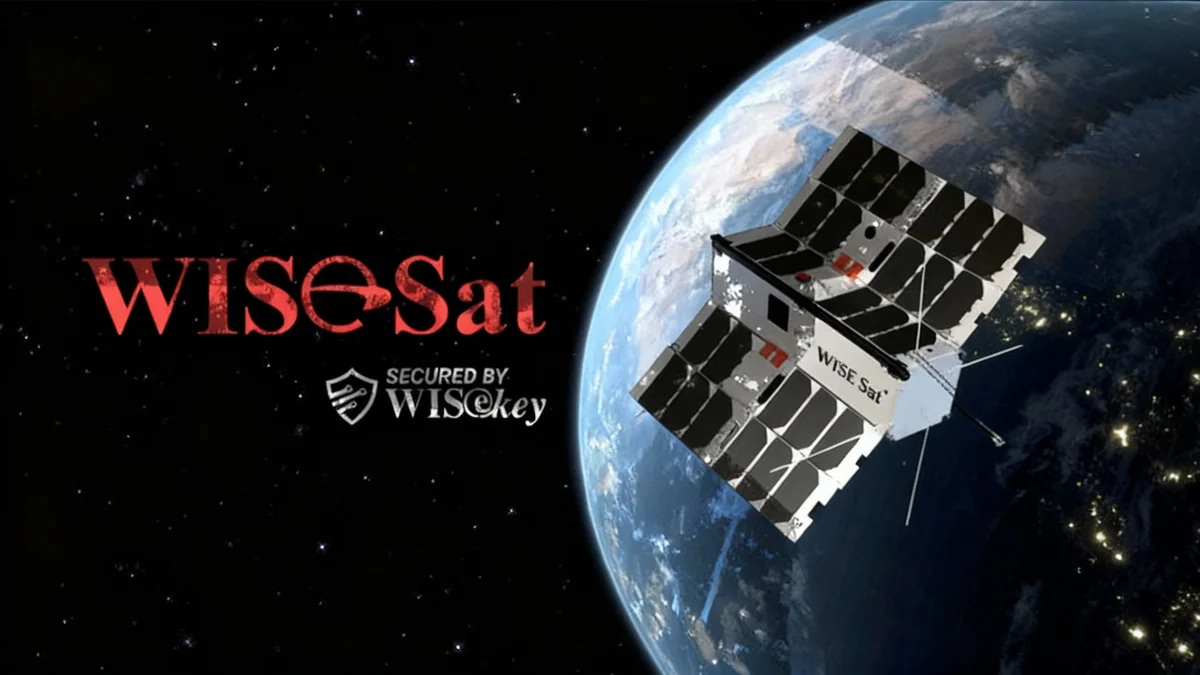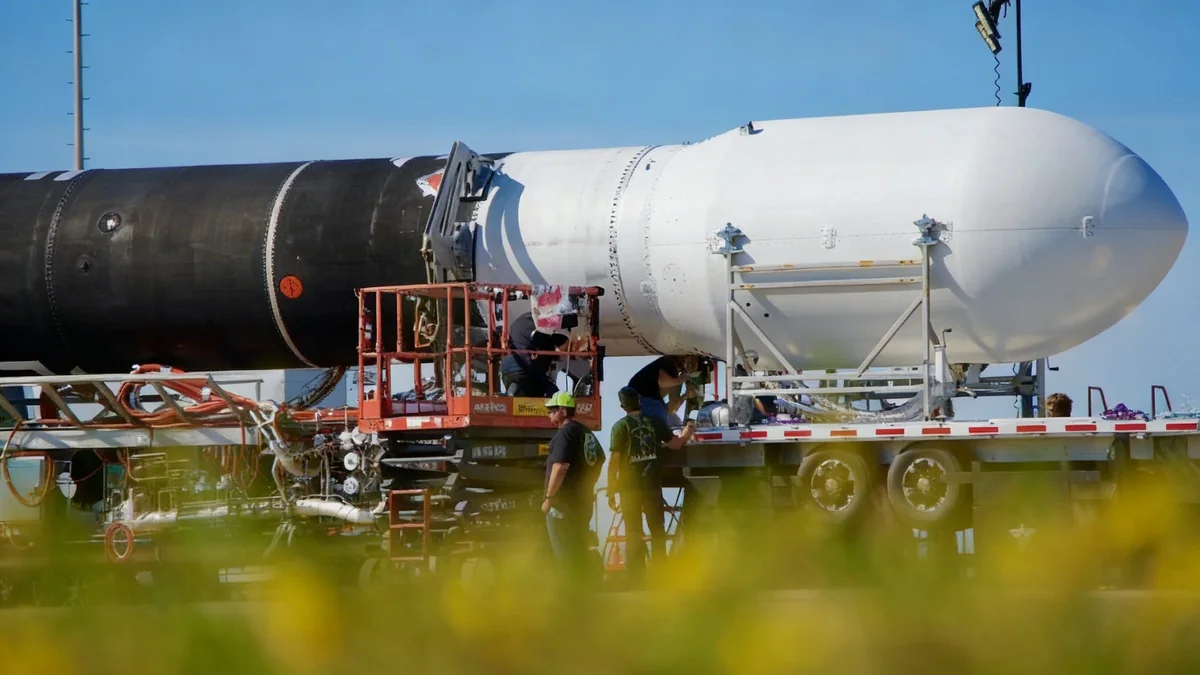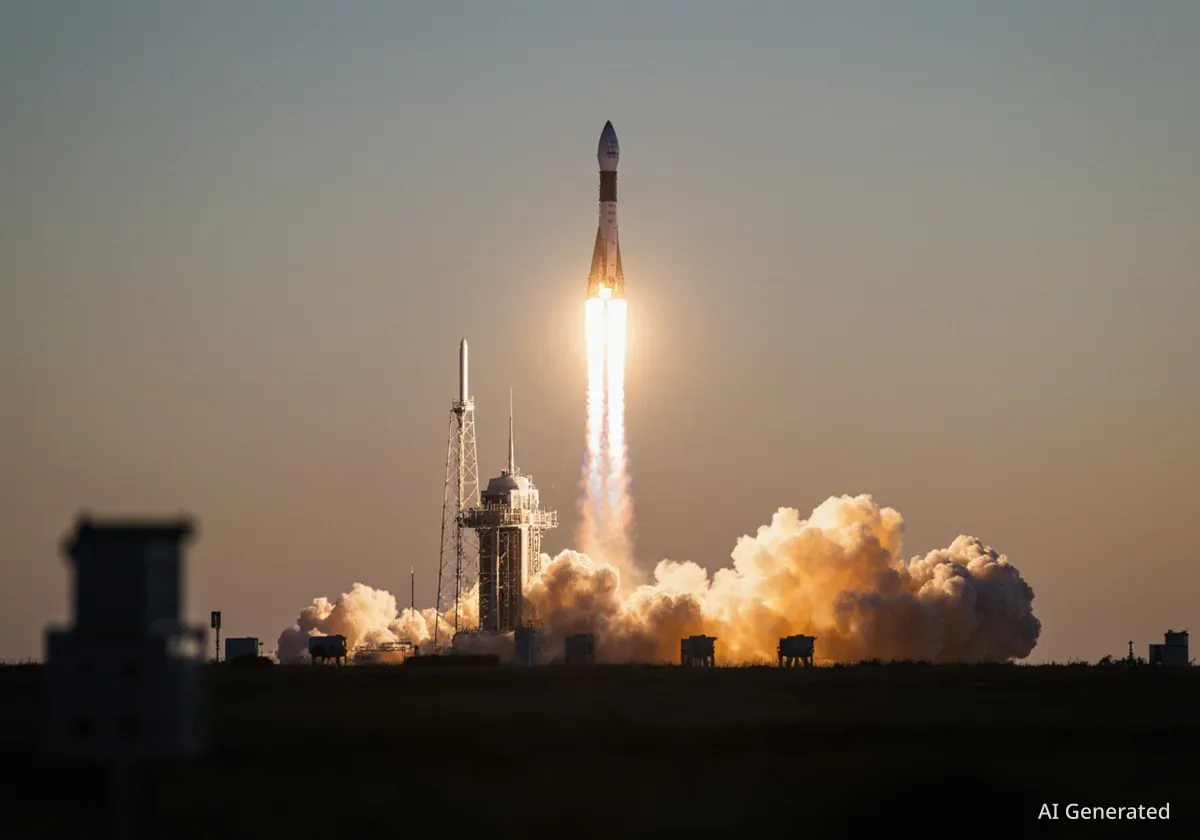In a significant move to bolster global secure communications, WISeSat.Space, an affiliate of Swiss cybersecurity firm WISeKey, has entered into a strategic partnership with South Korean launch provider INNOSPACE. The collaboration, formalized through a Memorandum of Understanding, will utilize INNOSPACE's launch vehicles to deploy a new generation of satellites designed for quantum-resistant IoT connectivity.
This agreement aims to accelerate the build-out of WISeSat's satellite constellation by diversifying its launch locations and leveraging South Korea's rapidly advancing space sector. The partnership underscores a growing trend of international cooperation in the commercial space industry to meet rising demand for secure data transmission.
Key Takeaways
- WISeSat.Space and SEALSQ Corp have signed a Memorandum of Understanding with South Korea's INNOSPACE.
- The partnership will use INNOSPACE's HANBIT-SERIES rockets to launch WISeSat's secure satellites.
- The primary goal is to establish a global, quantum-resistant Internet of Things (IoT) communication network.
- This collaboration highlights the strategic importance of South Korea as an emerging hub for space technology and launch services.
A Strategic Alliance for Secure Space Infrastructure
The newly announced partnership is set to provide WISeSat with reliable and cost-effective access to space. By using INNOSPACE's services, the company plans to speed up the deployment of its advanced satellite infrastructure. This network is critical for providing highly secure connectivity for a range of applications, including IoT devices, environmental monitoring, and secure government communications.
Officials from both companies described the agreement as the foundation for a long-term collaboration. Future joint efforts are expected to explore further innovations in space-based cybersecurity and the application of artificial intelligence in satellite operations.
Leveraging South Korea's Growing Space Capabilities
The choice of a South Korean partner is strategic. The country has invested heavily in its domestic space industry, fostering a vibrant ecosystem of private companies like INNOSPACE. This environment provides a flexible and competitive alternative for satellite operators seeking launch services outside of traditional providers.
"South Korea has emerged as a key player in the global space industry, and INNOSPACE’s cutting-edge technology aligns seamlessly with our vision of delivering highly secure and resilient connectivity solutions," said Carlos Moreira, Founder and CEO of WISeKey.
This move allows WISeSat to diversify its launch options, reducing dependency on any single region and mitigating potential delays in building out its constellation. For INNOSPACE, the partnership validates its position as a competitive player in the global small satellite launch market.
The Rise of Small Satellite Launchers
The global demand for small satellite (smallsat) deployment has surged in recent years. Companies like INNOSPACE are developing smaller, more agile launch vehicles to cater specifically to this market. Unlike larger rockets that carry dozens of satellites on a single mission, these smaller launchers offer dedicated rides, giving satellite operators more control over their schedules and orbital destinations.
Addressing the Quantum Threat
A central element of this partnership is the focus on quantum-resistant security. As quantum computing technology advances, it poses a significant threat to current encryption standards, which could become vulnerable to being broken by powerful quantum algorithms.
WISeSat's satellites are being developed to counter this future threat. They incorporate advanced cryptographic technologies designed to protect data transmissions from both current and future cyberattacks, including those from quantum computers. This makes the satellite network particularly suitable for sectors handling sensitive information.
What is Quantum-Resistant Cryptography?
Quantum-Resistant Cryptography (QRC), also known as post-quantum cryptography, refers to cryptographic algorithms that are thought to be secure against an attack by a quantum computer. As companies and governments plan for the future, implementing QRC is becoming a critical component of long-term cybersecurity strategies, especially for infrastructure expected to last for decades, such as satellites.
The deployment of this secure constellation will support a wide range of industries:
- Internet of Things (IoT): Securing data from billions of connected devices in smart homes, cities, and industries.
- Environmental Monitoring: Protecting sensitive climate and environmental data transmitted from remote sensors.
- Secure Communications: Providing encrypted communication channels for financial institutions, governments, and defense organizations.
Future Outlook and Market Impact
The collaboration between WISeSat and INNOSPACE is timely, aligning with the rapid expansion of the European satellite connectivity market. There is a growing demand on the continent for sovereign and secure communication alternatives, a need this partnership is well-positioned to address.
Soojong Kim, Founder and CEO of INNOSPACE, highlighted the mutual benefits of the alliance. "Partnering with WISeSat represents an opportunity to combine INNOSPACE’s agile launch capabilities with WISeSat’s cutting-edge satellite technologies," he stated. "Together, we look forward to enabling new possibilities in secure and reliable access to space.”
This agreement signals a broader trend of specialized technology firms partnering with agile launch providers to build next-generation space infrastructure. As the world becomes more connected, the demand for secure, space-based communication networks is expected to grow exponentially, making this partnership a significant development in the global space economy.





